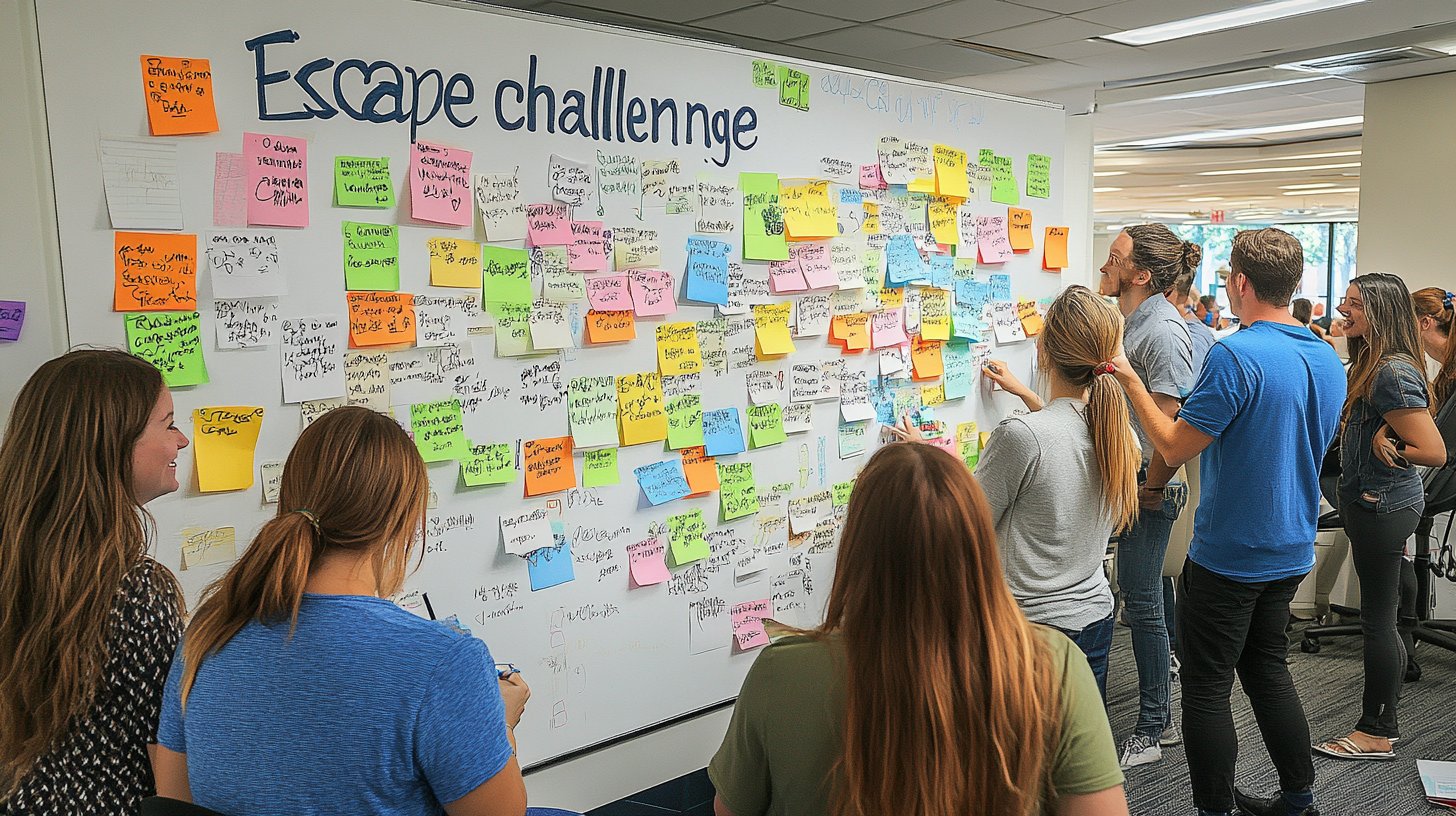Are you looking to enhance customer loyalty within your company? The Customer Loyalty Director plays a pivotal role in achieving this strategic ambition. Tasked with developing impactful loyalty programs, this professional is key to boosting customer satisfaction and reducing churn.
Modern companies face demanding customers and competitive markets. You know maintaining lasting relationships with your clients is increasingly challenging. The Customer Loyalty Director addresses these issues by offering tailored solutions to engage your clients.
Their expertise lies in a combination of analytical skills and adapted marketing strategies.
What is a Customer Loyalty Director?
A Customer Loyalty Director develops and improves loyalty strategies within a company. This involves creating and implementing actions to strengthen the bond between the brand and its existing customers.
This professional plays a strategic role by identifying customer expectations and fostering their continued engagement with the brand. They coordinate various loyalty campaigns to maximize customer satisfaction and minimize churn.
Key Responsibilities of a Customer Loyalty Director
Their main responsibilities include managing the customer portfolio, designing loyalty programs, and tracking key performance indicators. The ultimate goal is to maintain sustainable and profitable customer relationships.
- Designing and deploying loyalty programs
- Analyzing customer data to identify priority segments
- Implementing targeted loyalty campaigns
- Monitoring and analyzing KPIs (key performance indicators)
- Ensuring continuous customer satisfaction
Skills Needed for Success
A Customer Loyalty Director must possess a range of skills. A deep understanding of customer behavior and expertise in marketing strategy are essential. Strong analytical abilities allow them to measure the effectiveness of implemented initiatives.
Soft Skills
- Active listening
- Empathy
- Effective communication
These soft skills help interpret customer needs and foster positive, lasting interactions.
Hard Skills
In terms of hard skills, proficiency in CRM tools (Customer Relationship Management) and analytics platforms is crucial. A thorough understanding of segmentation techniques and the processes for establishing loyalty programs enhances operational efficiency.
Education and Career Path
To become a Customer Loyalty Director, several academic and professional pathways are possible. Typically, a degree in marketing, business, or management provides the necessary foundation, often supplemented by training in customer relationship management.
Professional experience is also critical. A minimum of five years in roles related to customer relations or marketing equips candidates with the practical skills required for this position.
| Studies | Recommended Level |
|---|---|
| Degree in marketing | Master’s degree (Bac +5) |
| Training in customer relationship management | Bachelor’s to Master’s (Bac +3 to Bac +5) |
| Certification in data analytics | Optional but advantageous |
Tools and Technologies Used
The Customer Loyalty Director relies on various technological tools to perform their duties. Most of these tools focus on data analysis and managing customer interactions.
CRM software such as Salesforce or HubSpot centralizes all customer-related information. These tools also facilitate the implementation and tracking of loyalty campaigns.
Analytics and Management Tools
Platforms like Google Analytics or Tableau are key for evaluating the performance of loyalty initiatives. These tools provide valuable insights that help refine strategies in real time.
- CRM (Customer Relationship Management): Salesforce, HubSpot
- Data Analysis: Google Analytics, Tableau
- Marketing Automation: Mailchimp, Marketo
Common Challenges and Solutions
Occupying a central role in a company’s loyalty strategy, this position comes with notable challenges. For instance, maintaining high levels of customer satisfaction despite market fluctuations is a major issue.
Personalizing customer experiences is an effective response to this challenge. Well-designed loyalty campaigns also help reduce attrition. Optimized use of performance indicators enables the early detection of anomalies and adjustment of actions as needed.
Strategies to Overcome Challenges
A key approach to overcoming these challenges is fine-grained segmentation of the customer portfolio. This ensures that each group receives offers and communications tailored to their specific needs.
Another common practice is establishing a feedback loop. Regularly gathering customer opinions helps understand their perceptions and continuously refine loyalty strategies.
Impact and Evolution of the Role
The role of Customer Loyalty Director evolves alongside technological advancements and emerging market trends. Today, this position is increasingly data-driven, favoring highly personalized and interactive approaches.
The future looks promising for professionals who master the latest trends in marketing strategy and technology. Companies are constantly seeking to enhance their customer satisfaction through innovative and agile methods.
Career Prospects
The career prospects for a Customer Loyalty Director are broad. Depending on experience and results, opportunities often arise to move into general management or specialize further in customer experience roles.
The expertise gained in customer relationship management and developing loyalty programs also opens doors to related fields, such as digital marketing director or customer experience manager.
The Customer Loyalty Director thus plays a central role in ensuring a company’s sustainability and long-term growth. With a blend of analytical, creative, and interpersonal skills, this professional fosters strong and profitable customer relationships.
Investing in this role not only improves customer retention and satisfaction but also optimizes a company’s overall performance. Given current challenges, this position offers enriching prospects for those eager to combine innovation and relationship-building.
Il n’y a pas d’entrée similaire.








